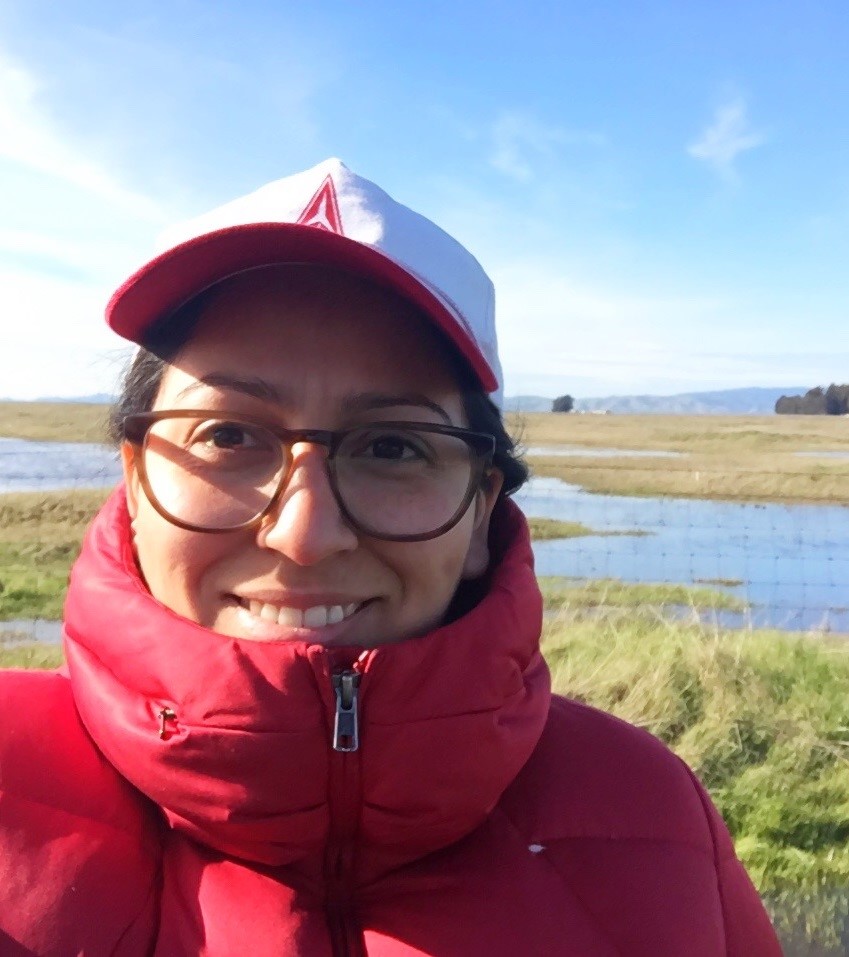Nitrogen gas emissions and our food system
ABSTRACT
Our ability to produce nitrogen fertilizer from the air is perhaps the most important invention in modern history, as it has enabled us to grow enough food to support a global population of over 7 billion people. At the same time, the subsequent doubling of nitrogen in the biosphere has generated a cascade of environmental consequences that include eutrophication, acid rain, ozone depletion, drinking water contamination, air pollution, and greenhouse gas emissions. My research focuses on the nitrogen cycle and one of its constituent processes – denitrification. Denitrification is a fertilizer loss pathway that removes nitrogen from soils and converts it into either nitric oxide (an air pollutant), nitrous oxide (a greenhouse gas) or dinitrogen (an inert gas). I study controls on the ratio and magnitude of these nitrogen gas emissions with the aim of developing tools that might help to mitigate air pollutant and greenhouse gas emissions associated with food production.
BIO
 |
Maya Almaraz is an Ecosystem Ecologist and Environmental Scientist whose research focuses on the nitrogen cycle and one of its constituent processes – denitrification. Nitrogen is a basic biological building block for genetic material of all living things, so its presence influences plant growth and ecosystem productivity; however, when nitrogen is lost from ecosystems through denitrification it can contribute to air pollution and climate change. Maya’s research focuses on understanding where and how nitrogen losses occur with the goal of creating solutions that prevent their detrimental downstream effects on human health and the environment. Maya is currently a Postdoctoral Fellow working with World Wildlife Fund and the National Center for Ecological Analysis and Synthesis at UC Santa Barbara on a project looking at the environmental impacts of our food system. Before that, Maya was a National Science Postdoctoral Fellow in Biology at UC Davis, where she studied the feedbacks between agriculture, air quality, and climate change. Maya received her doctorate from Brown University in Ecology and Evolutionary Biology, as well as undergraduate degrees from UC Berkeley in Public Health (BA) and Conservation and Resource Studies (BS). |



